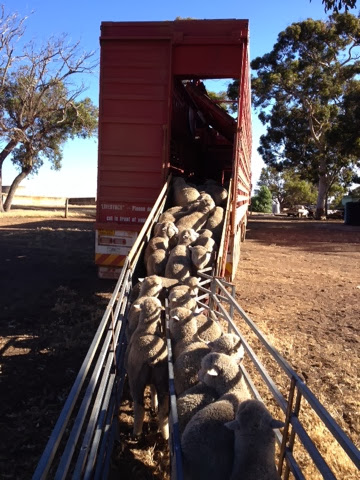The cold seems to shroud her with an unfathomable indifference to her surroundings. Her muscles shake and shiver uncontrollably, attempting to warm her from the inside out. Her body fights to emanate that heat throughout her but it's fighting a losing battle. It's as futile as pouring rain back into a cloud. The numbness she feels stems from within, from the deepest darkest depths of herself. Her physicality does not stand a chance against such a force, the enveloping indifference stops her feeling warm, feeling joy, feeling hope. She has nothing but a cold exterior to give to the world, a facade to hide the abyss of pain that yaws within her. It swirls and sucks as a black hole would, pulling her down into it, making her succumb to the fears and the doubts. It feeds off her inadequacies and the longer she spends stuck in the darkness the colder she gets. The more distance she puts between herself and others, because who could ever want to reach through all the darkness, the fear, the doubt and the bitterness to try and help her see the light? This is a battle she fights alone and it starts with warmth, with a shred of comfort, with a thought so small and so fragile, yet so filled with hope. Maybe...
The screen door slams with an almighty thwack as she walks back into the house. She squats down in front of the firebox with an easy strength and manoeuvres the kindling and the paper she set there so many days ago. She reaches for the matches, slides open the drawer and selects one. There's no criteria, no favouritism, it's just random selection and yet she can't help but wonder if one of the other matches would set her on a different path, a better path. As her muscles spasm from the aching cold again, she quickly strikes the match watching it flare into a radiant brilliance. It mesmerises her, the way it lights up and flickers and sways. No darkness and no pain, it dances down to her fingertips and it's not until it burns the very tips of them that she realises she hasn't lit the fire. She shakes the flame off her fingers and stares at the twisted blackened remnants of such a beautiful, light, joyous dance. It doesn't resemble that shining beacon in the slightest anymore, it's merely a shadow of a moment, smouldering in the remains of such an intense beauty. Blackened and twisted into the sooty mess that comes after. Mentally shaking herself by the shoulders she gets a grip on the next match. Maybe... Maybe this one? She strikes it and is careful not to let its seductive dance mesmerise her again, setting it to the paper she watches the flames lick across each other. She smiles as they meld into each other, creating a bigger better warmth, sending light into the sooty mess of the fireplace and her soul. As the small twigs are consumed by the heat and the light, she watches them fade into nothing but swirling ash and she feels the tug at her heart. The most blinding lights fade into the darkest shadows. At least she's lit it now though, that's more than she's done in a long time. Maybe... Maybe she thinks.
Depression is a very real thing in this industry. The seasons aren't always kind and that can be utterly heartbreaking. Debt can build to what seems to be an insurmountable mountain and the isolation can drive you nuts at times. I've often heard people say that the suicide rate in rural areas is much higher than urban areas. I am unaware if this is true, but I believe it could be due to two things. One, that people in the ag industry have easy access to ways to commit suicide. Two, that it's easy to shut yourself away from other people, letting the depression take hold. Many people will never admit that they struggle to the point of having depression but many people will self treat as well. It's amazing what the wind in your face on a motorbike can awaken in you, or taking time to watch a sunset. What we do has highly emotional consequences at times, what with euthanising, whole crops being taken by natural forces, or economic downturns. The trick is to be attentive to your moods, don't deny them or ignore them. When you feel yourself being pulled down and getting out of bed becomes a chore, that's when you take time out for yourself or do something satisfying because there are happy times in what we do as well. Watching sheep kick their heels up or play at head butt fights, seeing swallows dip through the air, watching a fleece being thrown through the air in the shearing shed. It's not all bad but you have to remember to look for the good some days.























































